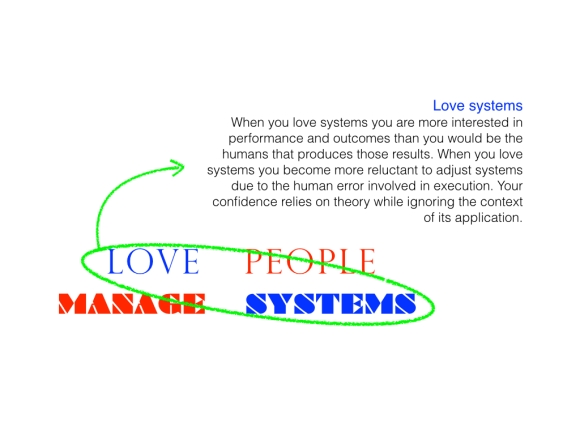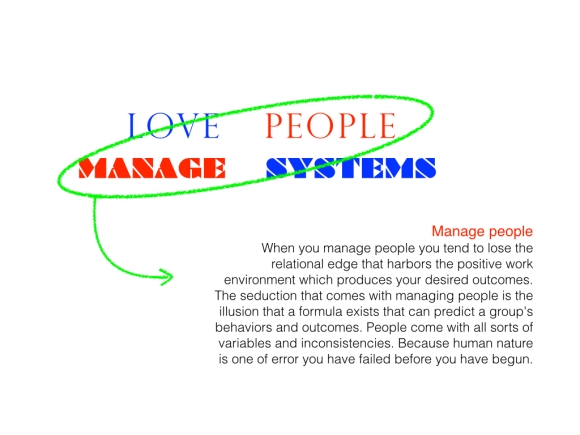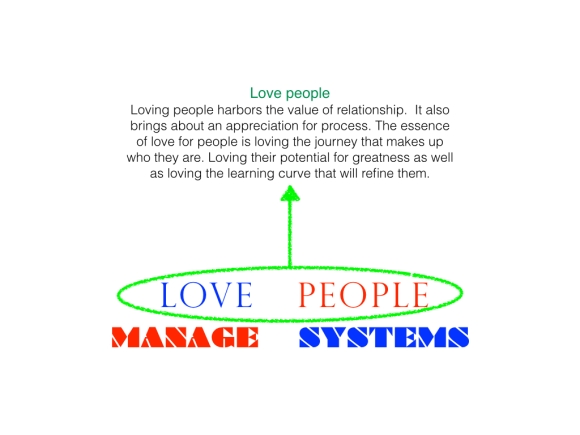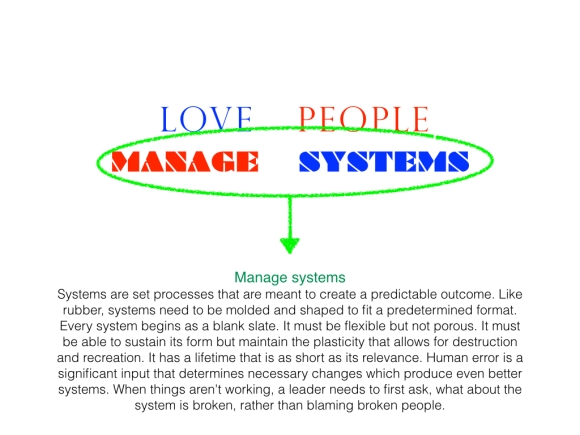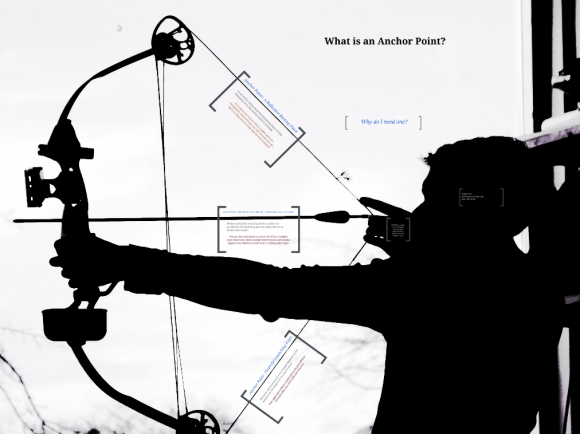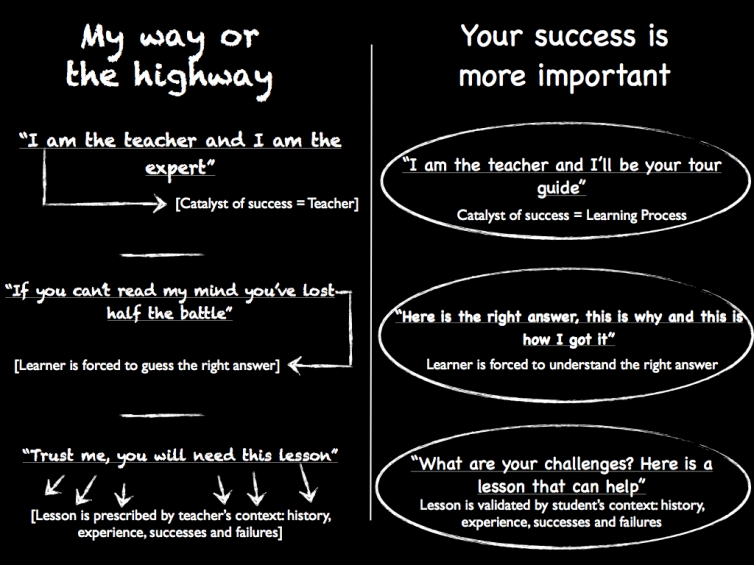
- A good place to keep our minds would be to understand that we are not building for today we are building for tomorrow.
For 6 years I worked as a live-in Resident Advisor in a residential program for young men that have aged out of the foster care system. For months at a time I was given the opportunity to invest into the lives of over 20 young men. I’m sure the experience brought more maturity in my personal life than change in those I mentored. In my time there, I wrote a manifesto that outlined my approach to mentoring. I find these ideas also apply to parenting and mentoring. Here’s the third installment:
The first RA: God the creator. continued…
3. The Lord God formed the man from the dust of the ground 4. and breathed into his nostrils the breath of life, 5. and the man became a living being. (Genesis 2:7)
Extracted Principles
3. God’s understanding of his resident.
The subject receiving God’s breath was very clearly defined. God used dust from the ground, God knew it was dust and the dust knew that it was dust.
3. Our understanding of our residents.
A frustration to mentoring is when the resident does not understand what position they are in life. More frustrating, I imagine, is when the RAs do not know where the resident is in life. This requires several things: 1.) Time– we must spend time with the residents to learn what is current in their lives 2.) Sight– we must really seek God for each resident to see where they are and where they are going. 3.) Communication– make sure your residents know where they are in their process. Give them sight where sight is needed. If your resident is a ground of stony rocks that must be clearly communicated, if they are being chocked up by thorns then they must understand that that is something that they are specifically susceptible to, if they are good ground then they must also understand their 40, 60 or even 100 fold potential. At the same time use wisdom, in other words, learn to be strategic. We will discuss this later.
4. God breathed out life
Every breath of God was life. God’s ability to speak was as effective has his ability to act, in fact they were one and the same. As he spoke so it was. Therefore, His breath held great importance and was not wasted.
4. We breath out life
Our advice, our mentoring and our word should never be taken lightly by ourselves or by our residents. It should carry a weight to it and deeply move the internal structures of those that we mentor. Our breath should not be simply wasted by murmuring, complaining or nagging. We will not engage in a power struggle with residents. Instead our words and actions should be positive, strategic, purposeful and always consistent. Our young adults will not always respect us but they will know what we say is what we mean.
We are always breathing out life to our residents. This means that we are always looking for opportunities to build each resident. We do this by promoting progression in the lives of our residents. (Which isn’t always a comfortable task for us or them)
Because you are engaged in a long term mentoring relationships with your residents you will usually find that your life giving work has more to do with the pruning processes. Majority of your difficulties will come from your work of taking away the unnecessary excess that your residents try to hold on to. These excesses include procrastination, lack of responsibility, lack of cleanliness, poor money management, laziness, and the list goes on. We realize that in order for them to be productive after SOSI or to have life they have to cut off these excesses. We are the iron that sharpens them. (Prov 27:17)
We also build in love. According to acclaimed relationship specialist, Dr. John Gottman, it takes 5 statements of affirmation to balance out 1 negative statement (www.gottman.com). Therefore, love is the undertone that we use when we bring life through pruning.
5. God’s Strategy
The purpose of man was clear and the breath being administered was simply a tool to help the subject towards a clearly defined purpose. God’s emphasis to detail was not the instructions of what the purpose will be, in fact the instructions of purpose were very general, instead the emphasis to detail was placed on the process of the subject becoming fully man.
5. Our strategy
A good place to keep our minds would be to understand that we are not building for today we are building for tomorrow. Brick by brick we are laying down life lessons, we are consistently breathing out life, we are advising and directing. All this not for a currently confused 19 year old but rather for that future 30 year old father and husband for that 27 year old mother, for that 40 year old minister or future director of Spirit of Success Institute.
For this reason we must become strategic or wise. This does require that we develop our relationship with God. Becoming strategic is actually very simple all it requires is that you hear God and obey. Hear and obey. What our lives begin to look like are people who are constantly praying, in fact, we learn how to pray while engaged in a conversation with our residents.


